On Monday, Governor of California Gavin Newsom vetoed a bill that would have strengthened air pollution monitoring, sending it back to the legislature without his signature.
If passed, this bill would update what are known as “fence-line zones” to include more kinds of facilities that would have been subject to increased reporting requirements and third-party audits.
Senate Bill
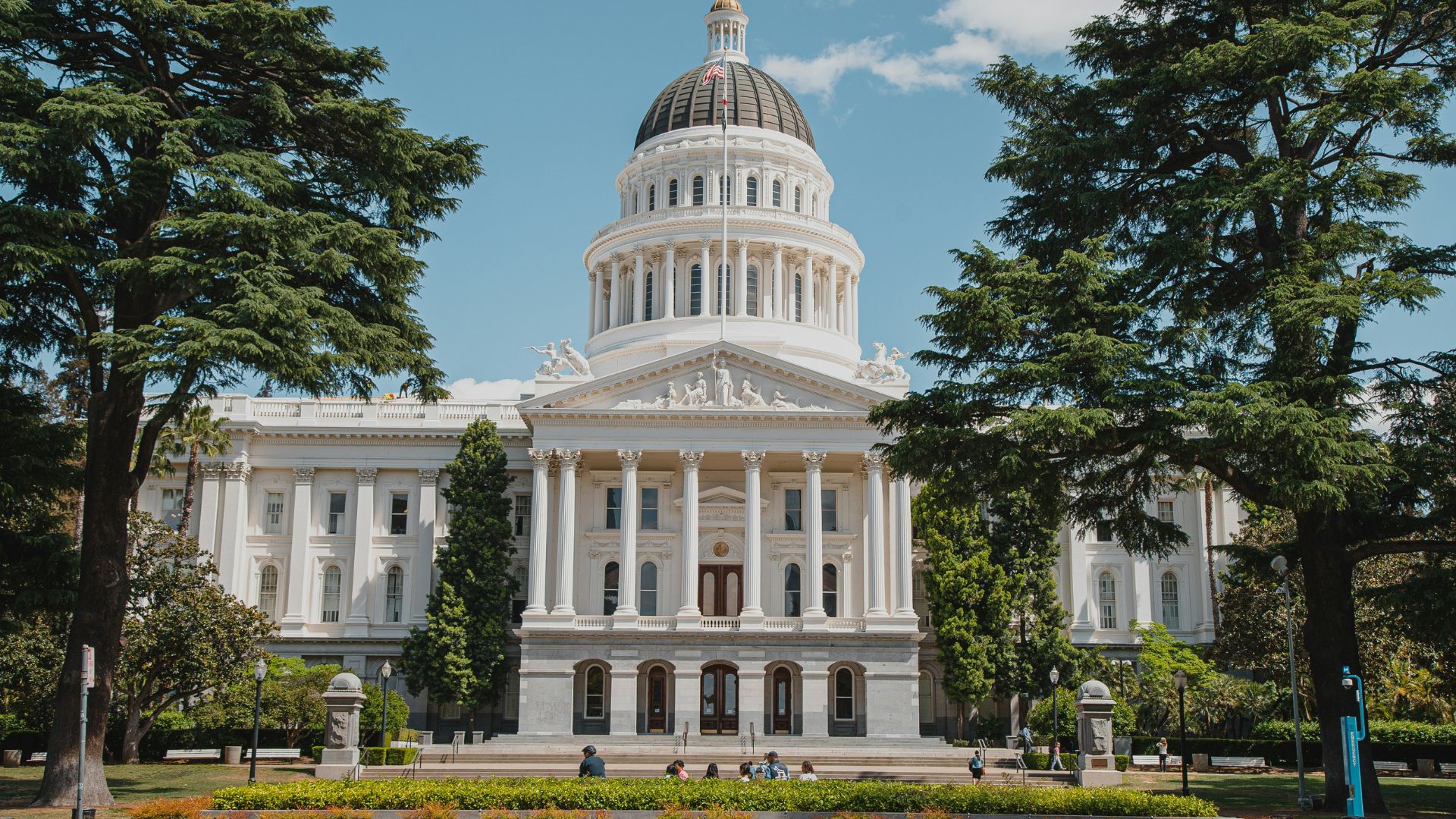
The bill that Newsom rejected, known as Senate Bill 674 or the Refinery Air Pollution Transparency and Reduction Act, was introduced by Democrat Majority Leader Lena Gonzalez in 2023.
After a lengthy time in committee, it officially passed the California state assembly with a vote of 47-15 in July, also going on to pass in the state senate in early August with a 28-8 vote.
Existing Requirements
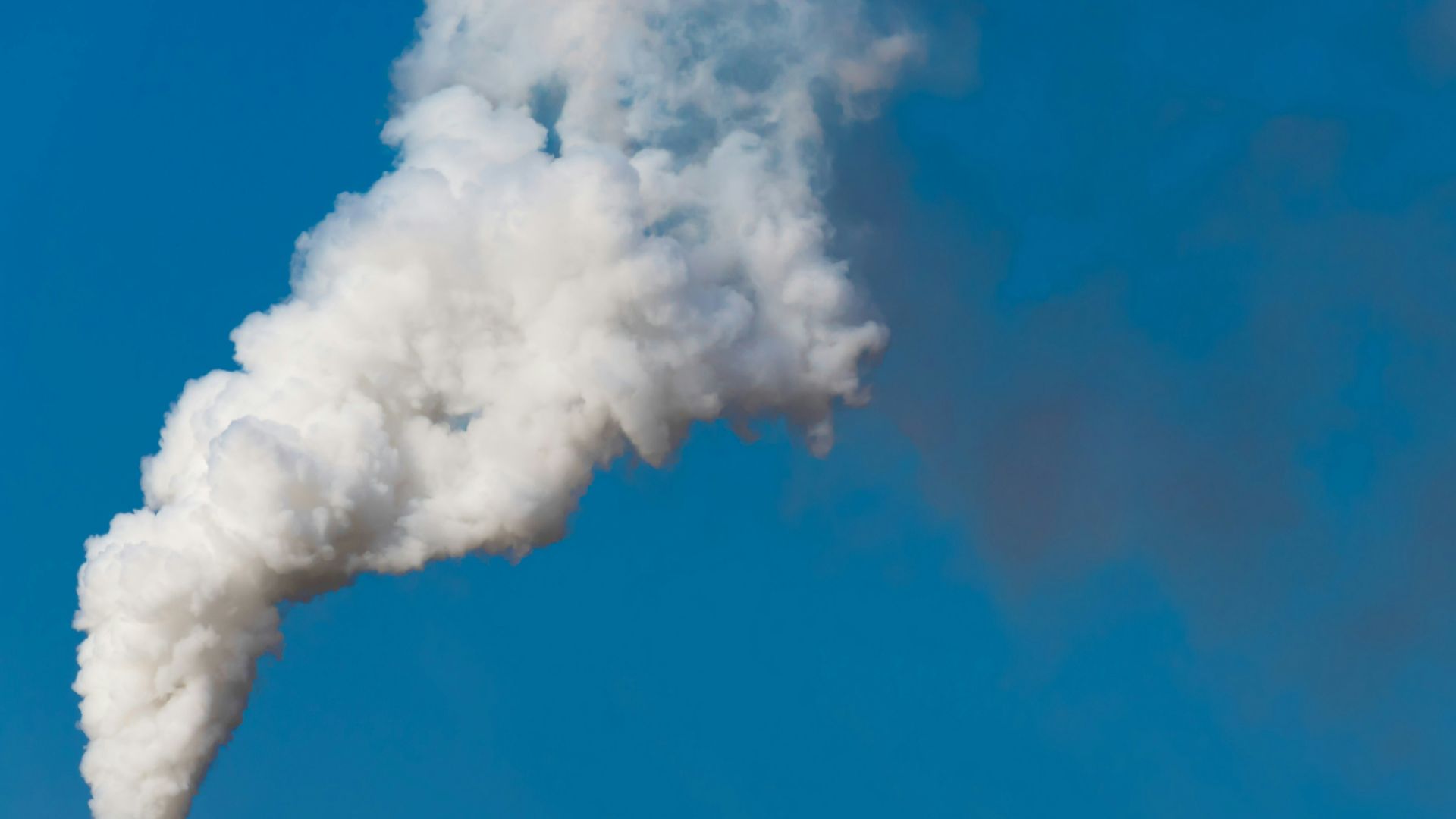
The bill mostly focuses on expanding what is already required under existing California law to “any covered facility defined to include refineries that produce gasoline, diesel fuel, aviation fuel, biofuel, lubricating oil, asphalt, petrochemical feedstock, or other similar products, and to include facilities with operations related to a refinery that are located on contiguous or adjacent properties.”
This bill would require a community air monitoring system and a fence-line monitoring system to be properly updated or installed by January 1, 2028 at these facilities.
Rejecting the Bill
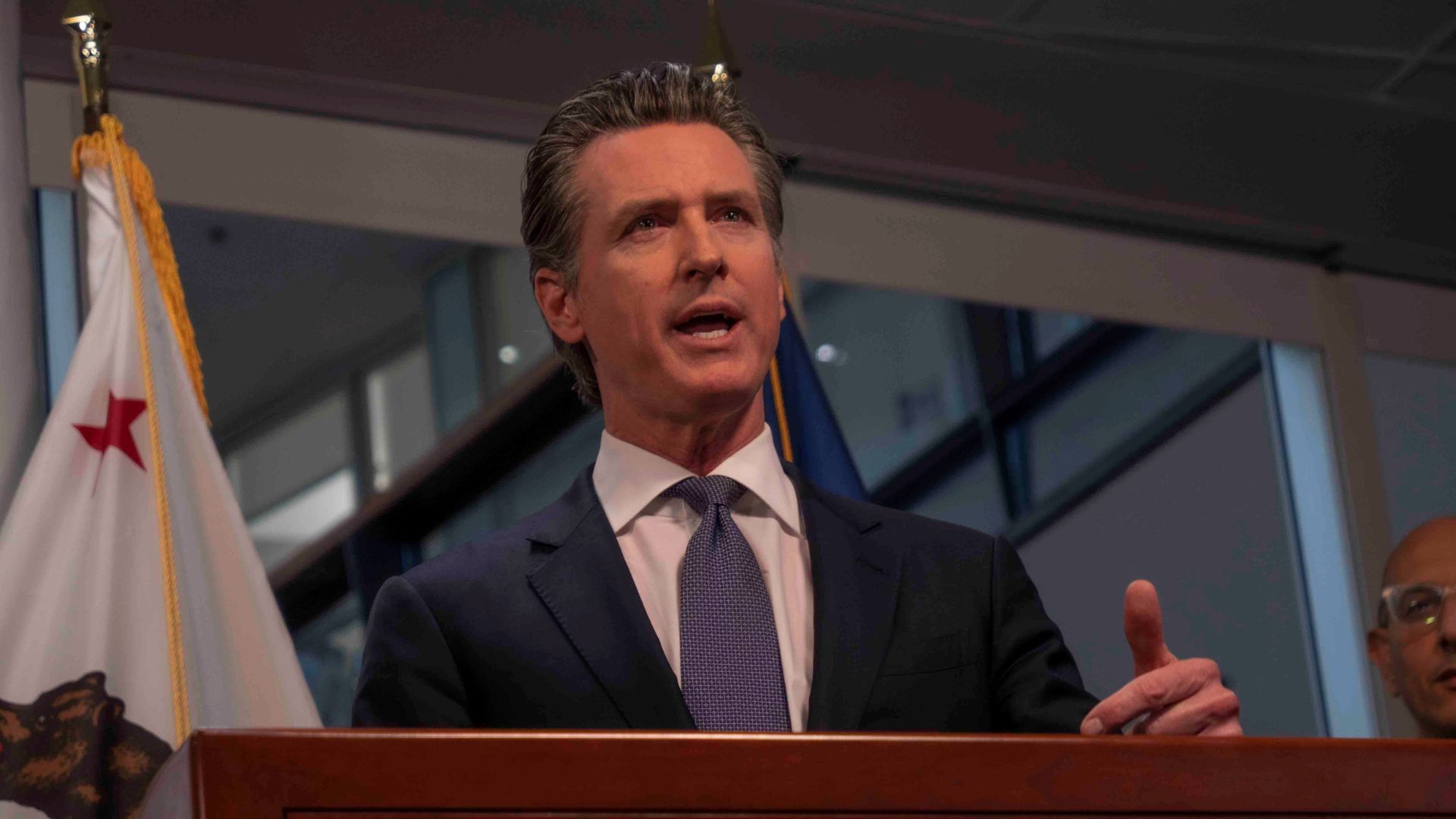
On August 19, Governor Newsom officially vetoed the bill saying that it is unnecessary and that air monitoring guidelines should be trusted to local districts who know their areas best.
“I am returning Senate Bill 674 without my signature,“ Newsom wrote in a letter to the California State Senate. “California has some of the most stringent refinery air monitoring and pollution standards in the world. These standards have been developed and implemented by the state’s local air quality management districts, and each of these districts possess the authority and technical expertise to update, expand and modify these standards according to the best available science.”
Empathizing With the Motivation

Newsom gave space for the bill’s desire to protect people from pollution, trying to make it clear it was also something he cared about.
“While I share the author’s desire to protect communities from air pollution, local air quality management districts are already carrying out the necessary action to do just that,” Newsom wrote.
Budget Shortfall

In his letter, Newsom also fell back on the recent state budget shortfall as a reason for the rejection, making the case that the cash just isn’t there.
“Additionally, because this bill mandates these districts to implement highly prescriptive measures, it might be found to require state reimbursement of implementation costs at a time when we just recently closed a $44.9 billion shortfall for the 2024-25 fiscal year. There is no state funding identified or available in the state budget to support these efforts,” wrote Newsom.
Devastating Blow

On Monday, Gonzalez came out with a statement outlining how the Governor’s veto represented a blow to community efforts to address air pollution at refineries.
“This is a devastating blow to the years of hard work and advocacy by communities affected by refinery air pollution,” said Gonzalez. “Fenceline communities urgently need improved air monitoring, and it shouldn’t be this difficult to establish a system that provides them with the most basic necessities—transparency and information about the toxic chemicals being released into their neighborhoods.”
Communities Deserve Better
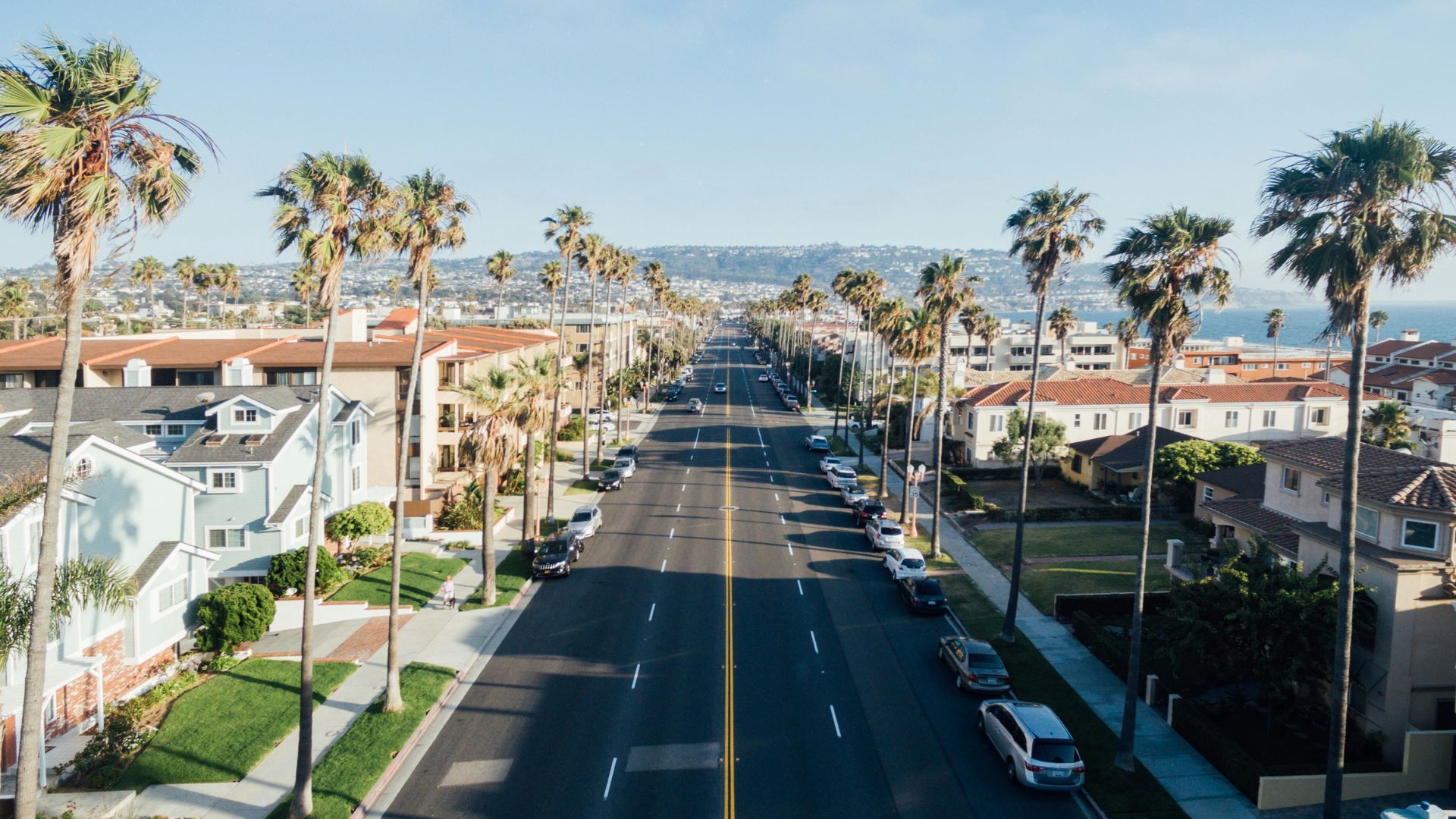
Gonzalez continued, expressing a profound disappointment in the events but vowed to not give up.
“I am deeply disappointed by this outcome, but we cannot walk away from this issue. Our communities demand and deserve stronger protections,” said Gonzalez.
Decades of Work

Jan Victor Andasan, community organizer at East Yard Communities for Environmental Justice, felt that Newsom’s refusal to sign set back efforts that had been decades in the making.
“Governor Newsom’s decision not to sign SB 674 is a setback for communities like mine in West Long Beach and Carson, who have been fighting for clean air and transparency for decades,” said Andasan.
Crucial Step

Andasan rejected the idea that the protections offered by the bill were unnecessary, and felt like the rejection is unfair to communities who have been breathing toxic pollution for years now.
“SB 674 was a crucial step in understanding and addressing the toxic air pollution that fenceline communities have been breathing for years. This decision leaves us vulnerable, but our fight for environmental justice is far from over. We will continue to demand the protection and transparency our communities deserve,” Andasan said.
Calls for Transparency
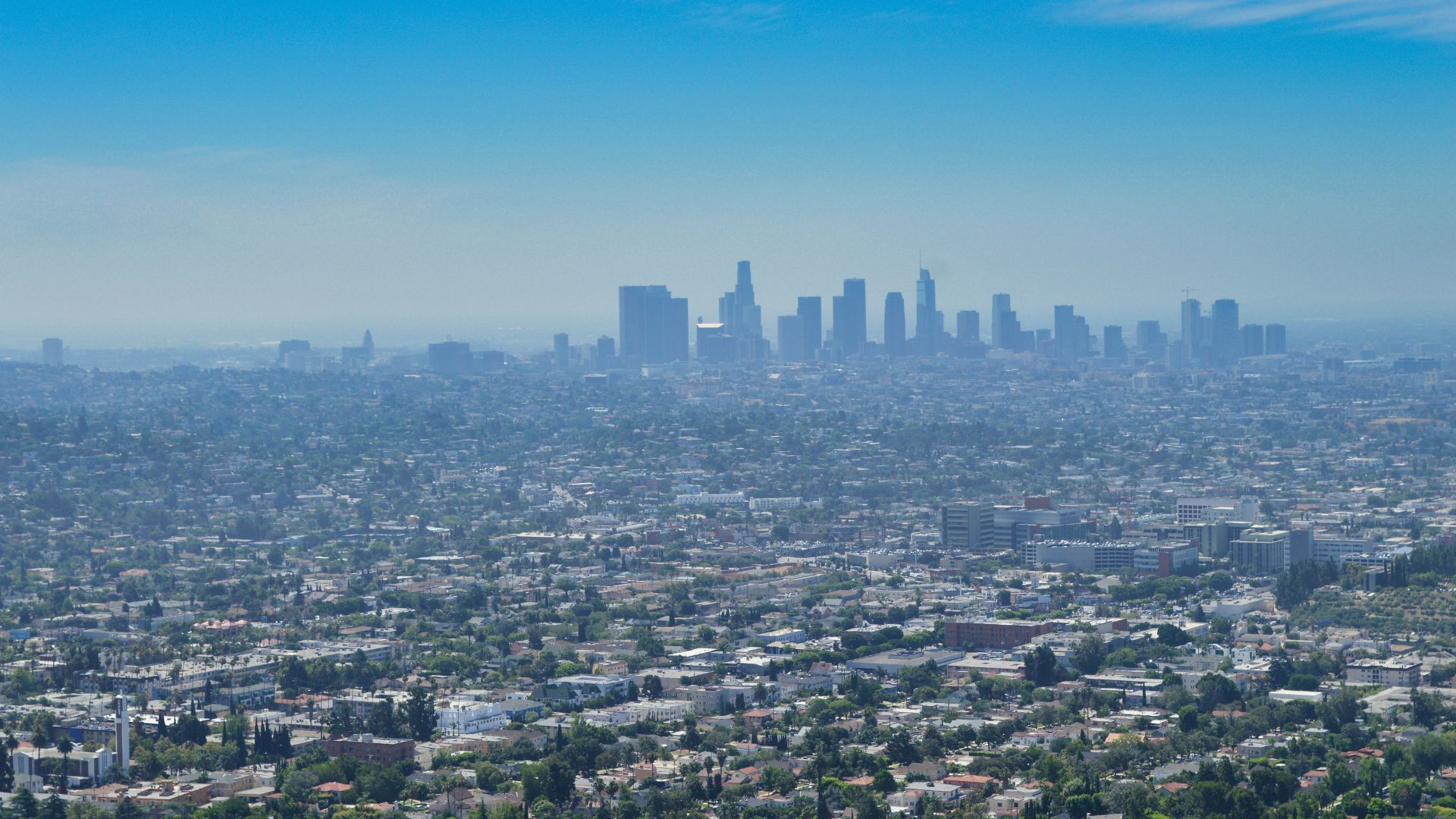
Oscar Espino-Padron, senior attorney at Earthjustice’s Community Partnerships Program, felt that transparency around toxic emissions is left lacking in the wake of the bill’s rejection.
“For years, vulnerable communities have been pleading for transparency and protection from the toxic emissions that refineries spew into their homes, schools, and neighborhoods,” said Espino-Padron.
The Fight Continues

Espino-Padron also affirmed a commitment to continuing the fight for improving public health, saying that while the governor’s veto was disappointing, this will not stop the need for air pollution protections in the future.
“Governor Newsom’s decision not to sign SB 674 is a disappointing blow to these communities and a missed opportunity to enact meaningful change that could have saved lives and improved public health,” said Espino-Padron. “This setback will not deter our efforts and we will keep pushing for the transparency and safeguards that our communities deserve.”
